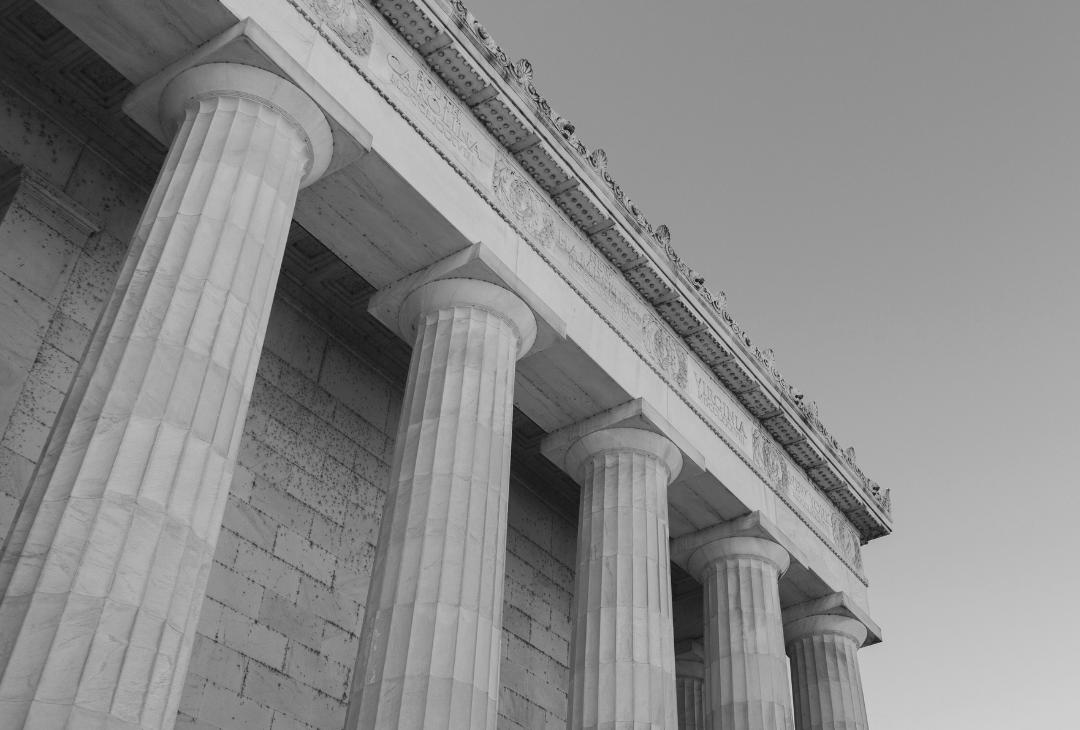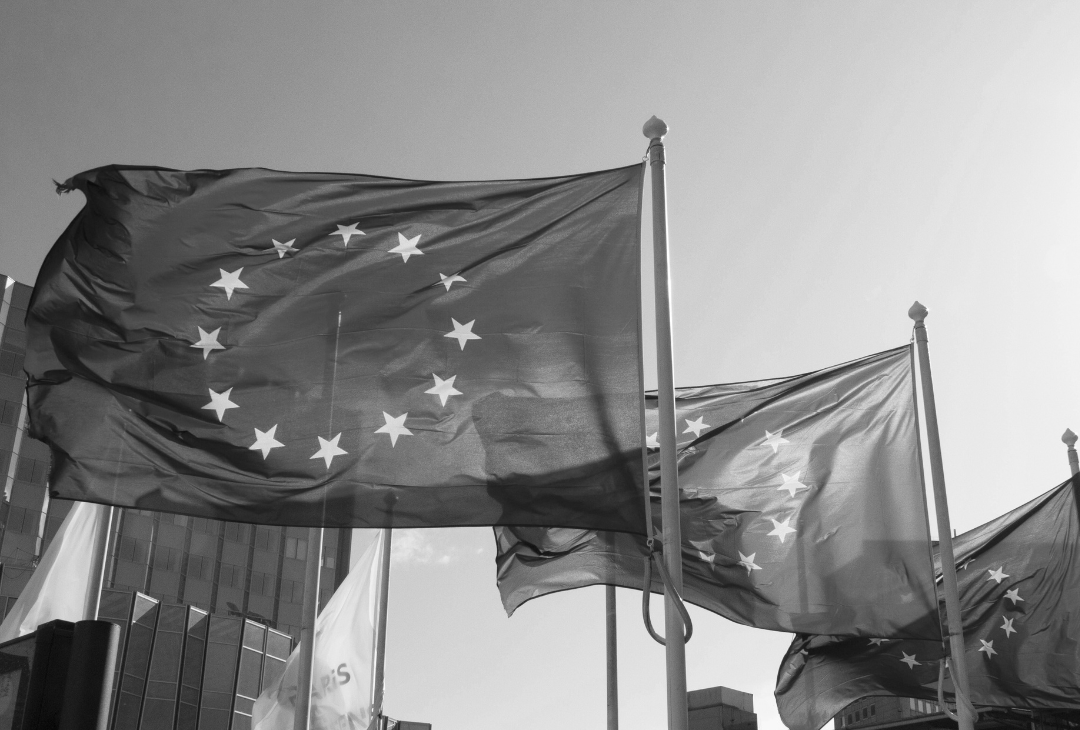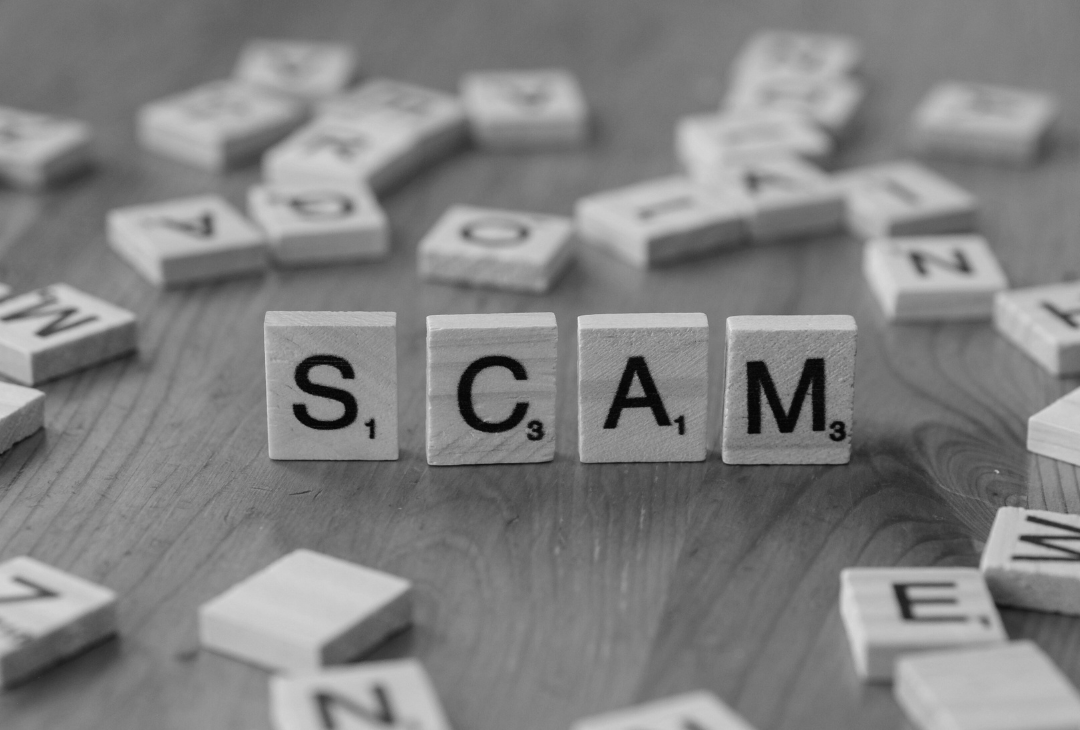Venezuelans Break Off Flakes of Gold for Meals, Haircuts
Traveling into some of the Venezuela’s remote southeastern areas, in restaurants, hotels, and local shops, you’ll find prices displayed in grams of gold. A one-night stay at a hotel? That’ll be half a gram. Lunch for two at a Chinese restaurant? A quarter of a gram. A haircut? An eighth of a gram, please.
Over the years, we’ve continued to preach the importance of including precious metals, and physical precious metals to be exact, as part of one’s wealth portfolio. There are many good reasons – crisis hedge, inflation hedge, its role as a store of value and as the only true form of money, etc. – that make gold an essential element of any successful and robust investment strategy.
Naysayers often say gold is antiquated, and cryptos have arguably stolen some of the metal’s thunder, but from time to time, we are reminded in quite practical ways why holding physical gold is still extremely important.
Take this latest news out of Venezuela, for instance, as reported by Bloomberg on October 20th in an article titled Venezuelans Break Off Flakes of Gold for Meals: “In the high-tech global economy of the 21st century, where tap-and-go transactions are the rage, this is about as low tech as it gets.”
After years of Maduro’s socialist government, the national currency, the bolivar, has been rendered all but worthless thanks to hyperinflation. It has lost the trust of most of the population, and it is only used by those that cannot access other currencies like the dollar, the real, and even the euro.
As a result, many Venezuelans have turned to gold and not just as a way to protect their savings. They are using gold flakes to pay for everyday necessities, food and services. We always highlighted that one of the benefits of having physical metals is to use them in the event of fiat currency collapse, and Venezuela’s case is a prime example of this.
From someone that knows…
After reading the Bloomberg story, we checked in with a long-time friend of the BFI Capital Group, someone that spent part of their life in Venezuela and whose heart still remains with the country and its people. We asked them what they thought of this article and they confirmed its accuracy, adding some of their own, interesting thoughts to the content:
“The article is pretty much correct, even in Caracas now cash is king, and everything is completely dollarized, local currency is for business deals associated with the government and its institutions and for salaries and pensions of the public sector and retired workers.
“The details about gold payments are accurate. I'm not aware that they don't use scales, but gold is the name of the game, in the capital and cities across the country, US cash seems to appear from everywhere and sometimes we wonder how so much cash could be circulating.
“But down in the mining area of Bolivar state, besides the distance and the lack of non-private/government flights, the local treasure is the norm. It is a long drive to get there with many obstacles and dozens of military roadblocks. There are some interesting stories of vehicle purchases at several of the "high end" auto sales in the capital where the transactions involve bullion bars.
“The only available treasure that is still practical for the government to market effectively is actually the metal, with oil simply declining to ridiculous levels alongside the degradation of the refineries and the sanctions controlling would-be transporters.”
We continue to hope and pray for the people of Venezuela. The situation there should serve as a valuable lesson to investors and ordinary savers in advanced economies too. The way the monetary and financial system collapsed showed just how quickly things can devolve and it proved that, even in 2021, when all else fails, gold is still the only form of real money people can actually trust.




